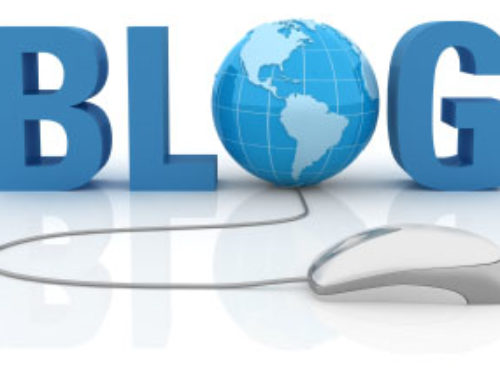WHY are We so Burned Out?
 Does achieving the American Dream conflict with work-life balance? The World Health Organization says yes, calling burnout an “occupational phenomenon” that may require professional attention.
Does achieving the American Dream conflict with work-life balance? The World Health Organization says yes, calling burnout an “occupational phenomenon” that may require professional attention.
Finding a suitable balance between work and daily living is a challenge that many workers in the United States face.
Excelling in the office, exceeding expectations, and climbing the corporate ladder are all a part of the American dream. But many Americans struggle to successfully combine work, family commitments and personal life.
And that struggle can lead to an all-too-familiar feeling: burnout.
In fact, occupational burnout is such a problem in the U.S. and around the world that the World Health Organization decided to address the problem during its recently concluded World Health Assembly in Geneva.
The WHO said Tuesday that “burnout” is an “occupational phenomenon” that could lead someone to seek care although they did not go as far as to call it an official medical condition.
The international body even updated its International Classification of Diseases list, which is used globally as a benchmark for health diagnosis, to include the following identifiers to help doctors easily spot the syndrome:
- Feelings of energy depletion or exhaustion
- Increased mental distance from one’s job, or feelings of negativism or cynicism related to one’s job
- Reduced professional efficacy.
Why are we so burned out?
One reason may be the increasing globalization and technology use, which compel 24/7 connectivity, creating an environment in which it is almost impossible to disengage from work.
The Organization for Economic Cooperation and Development, which represents the vast majority of the world’s most advanced economies, says 11 percent of U.S. employees work 50 or more hours a week and the average American spends 40 percent of their day dedicated to their job. As a result, the U.S. ranks toward the bottom of the work-life balance spectrum among developed countries.
And there’s a cost to the burnout: Stressful jobs contribute to 120,000 deaths each year and cost U.S. businesses up to $190 billion in health care costs, according to researchers at the Harvard Business School and Stanford University’s Graduate School of Business.
We asked a psychologist, Shainna Ali, owner of Integrated Counseling Solutions in Orlando, Florida, how to spot work burnout and prevent it before we log hours far beyond the point of diminishing returns.
Suddenly hitting a wall?
Job burnout can result from a number of factors, including work-life imbalance, a dysfunctional work environment and unclear job expectations.
“Job burnout normally includes signs of mental health concerns that are based around work … [such as] depleted mood, lack of motivation, or anxiety,” Ali said. “People joke about the Sunday night blues. It’s as if around 4 p.m., they give a collective groan — that’s a real thing. People should ask themselves, do I feel better when I’m leaving work? Do I grow anxious when others discuss work in leisure settings?”
She also notes that burnout is often generally related to anxiety, and less commonly, to depression, but that it varies from person to person. One reason may be that U.S. adults are stressed in general and are not taking enough personal time away from work.
A 2018 Gallup poll of 150,000 people around the world found that Americans were the most stressed. 55 percent of Americans said they had experienced stress during much of their day in 2018 — much higher than the global average, which sat around 35 percent. They also found that Americans take fewer vacation days than people in any other country in the world.
Ways to combat work burnout
Ali says breaking negative patterns that lead to job burnout can be tricky, but paying attention to one’s needs is essential to promoting well-being in the workplace.
She suggests three ways to establish self-care in the workplace:
- Foster wellness in the workplace by establishing healthy connections at work
- Use break time effectively, by going for walks and participating in quick, enjoyable activities
- Take a vacation
She adds that the WHO’s guideline changes highlight the need for human resources departments to look more deeply into establishing positive workplace environments.
“I think this acknowledgment by the WHO gives job burnout some validity that this is a concern at work and warrants attention. Self-care is important and surging in popularity, even in the workplace,” Ali told NBC News.
“It’s easy to forget about self-care. We may not notice it initially but over time the effect can be dramatic, even dangerous. Fortunately, as people weigh the costs and benefits of self-care more and more, they are finding that healthy mental practices can have a tremendous effect in and out of the workplace,” she added.
Thanks for your Wisdom Shamard Charles, M.D.




